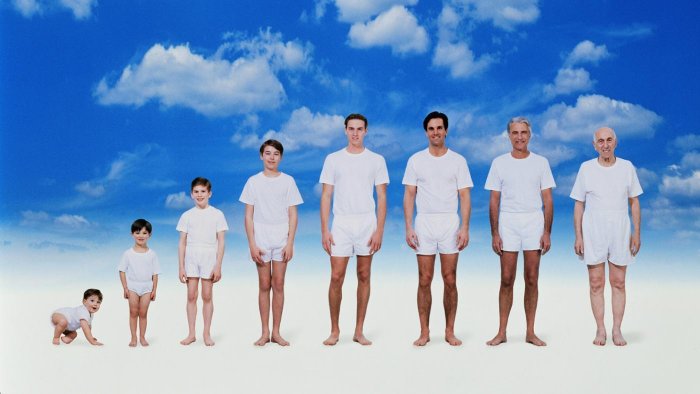Humans Will Never Live Much Beyond 115: Controversial Study Suggests
MessageToEagle.com – Are you planning on living really long and becoming very old? You could, if you live a healthy life, but according to a new controversial study it highly unlikely you can live much beyond 115.
The world’s oldest person was Jeanne Calment, died in 1997 aged 122. Though it is possible to reach such a high age, scientists state there is a natural limit to human lifespan of about 115 years old.

There will still be occasional special cases like Calment, but according to researchers the probability of a person exceeding 125 in any given year is less than 1 in 10,000. The study is controversial and many scientists are already objecting the results of the data.
The study was conducted by scientists at Albert Einstein College of Medicine in New York City. Geneticist Jan Vijg and his colleagues base their data on the Human Mortality Database, which spans 38 countries and is jointly run by US and German demographers.
The researchers also used the International Database on Longevity, which focuses on the oldest people.
Scientists discovered that “the maximum reported age of death — the age of the oldest person to die in a given year — in France, Japan, the United States and the United Kingdom (the countries with the largest numbers of supercentenarians) increased rapidly between the 1970s and early 1990s but plateaued in the mid-1990s at 114.9 years.
The researchers observed the same trend when they considered the second, third, fourth and fifth oldest person who died in a given year — and a similar peak age of 115 years old when they tracked the maximum annual age of death using another database run by the international Gerontology Research Group, which validates supercentenarian claims, Nature reports.

The results are surprising because nutrition, medicine and general health have improved should lead to longer lifespans.
“If anything you would have expected more Jeanne Calments in recent years, but there aren’t, “Jan Vijg said.
However, the recent study has been considered rather controversial and not all scientists agree with the data interpretation.
See also:
New Controversial Blood Test Determining How Long You Will Live Is Entering The Market
How To Slow The Ageing Process? – The Solution Is In Your Genes
Death Is Just An Illusion: We Continue To Live In A Parallel Universe
New Science: Stories You Can’t Miss if You Are Interested In Cutting-Edge Science
The age experiencing the greatest increase in survival may have plateaued in many countries, says James Vaupel, founding director of the Max Planck Institute for Demographic Research in Rostock, Germany. But it has not yet plateaued in some that are particularly relevant to this research, namely Japan, which has the world’s highest life expectancy — 83.7 years for those born in 2015, nor in France or Italy, which have large populations and high life expectancies.
Vijg’s paper includes “one-sided conclusions”, says Vaupel. But Vijg argues that the increase in the survival age in even these three countries has significantly slowed down in recent years and so seems to be trending towards no increase.
Biomedical gerontologist Aubrey de Grey, chief science officer of the SENS Research Foundation Mountain View, California points out we must investigate all factors that contribute to a human’s lifespan.
“Unlike a dam, the pressure on the so-far-unplugged leaks actually diminishes as one plugs more and more of them,” he says. “The result in this paper is absolutely correct, but it says nothing about the potential of future medicine, only the performance of today’s and yesterday’s medicine.”
MessageToEagle.com










